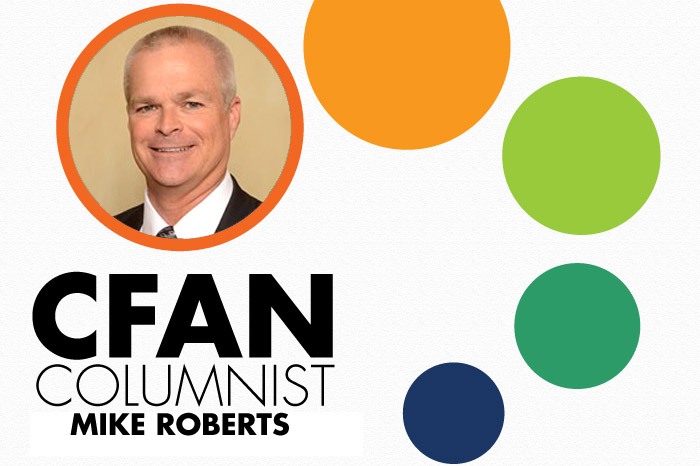Taking time during the winter months for forage and soil testing is a gift that will keep giving and improving your operation. There are numerous benefits to testing both soil and forages, especially when it comes to fertilizer applications you’ll make in the future. If testing shows that you need to make some changes, those changes will take time, so it’s important to start now.
Soil Testing and Fertilizers
One reason why soil testing is so important is to ensure that your nutrient program works as well as possible. Soil testing includes pH testing. If your soil’s pH is off, then the availability of nutrients decreases and plants are not able to take them up effectively.
This is bad for two reasons. First, your input dollars are wasted as your plants don’t benefit from the applied nutrients as you had planned; secondly; those unused nutrients can leach and become run off that can pollute waterways. In terms of the 4Rs—applying fertilizers at the Right Time, at the Right Rate, from the Right Source, and in the Right Place—applying fertilizers to a soil with the wrong pH is not applying the nutrients at the Right Time or in the Right Place; this is because the nutrients are not available when the plants need them and the nutrients will not stay where the plants can use them.
Florida soils will become more acidic as time passes, so soil testing should be a regular part of your pasture maintenance. Most forages want a pH of 5.5-6. If your pastures’ soil becomes too acidic, then your forage will die, and weeds will waste no time in taking over.
It’s important to know now if you’ll need to apply lime to reduce soil acidity because lime takes several months to become incorporated into the soil and bring the pH down to the required levels. If you do it now, your pastures will be ready for fertilizer applications come next summer.
Forage Testing
Whether you cut hay, store silage, or use forages in the pasture for your herd, you should have it tested. You’ll learn information like the crude protein, total digestible nutrients (TDN), Nitrogen, and Neutral detergent fiber (NDF) and acid detergent fiber (ADF) of the materials you are feeding your herd. Knowing these numbers allows you to make an informed decision on what other supplements your herd may need to get adequate nutrition and produce at the levels you want.
Where to Get Testing Done
UF/IFAS offers both soil testing and forage testing for Florida ranchers. Soil testing can be done at the UF/IFAS Soils Laboratory in Gainesville for $10. Similarly, you can get forage tested at the UF/IFAS Forage Extension Laboratory at the Ona Range Cattle Research and Education Center for $7. Oftentimes, recommendations based on your test results are included. Your Extension agent is also a great resource for finding testing and interpreting results.

